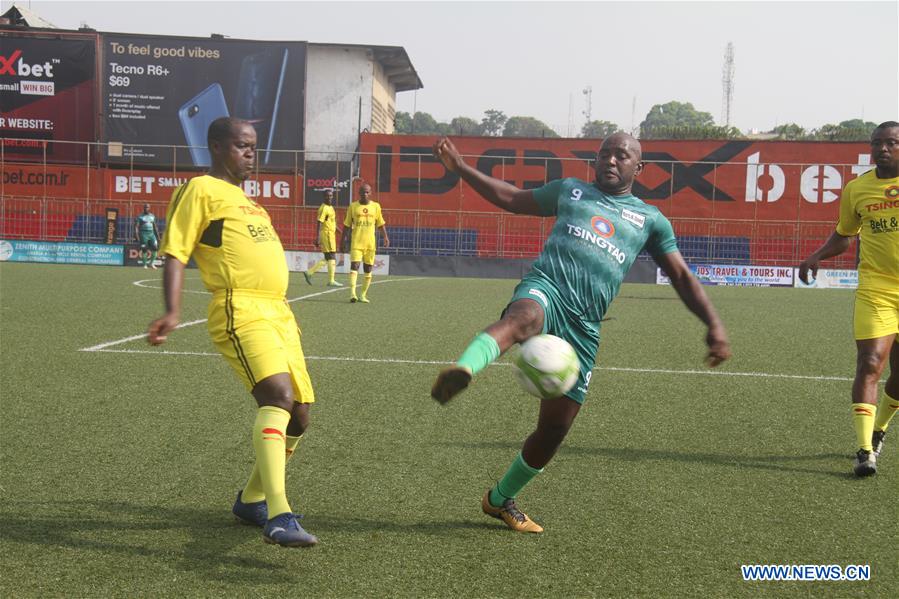
Sports expert concerned by COVID-19 effects on African local football

Africa’s local football system stands to lose significantly if the COVID-19 pandemic persists for a longer than the anticipated period, according to a continental football expert.
Nigeria’s Deji Omotoyinbo said the fact that well-funded teams in top leagues in Europe had been affected means that teams in Africa, where the money is significantly less, will undoubtedly be adversely impacted, especially those at the lowest levels.
Most countries in Africa banned all football activities in March due to the pandemic as a precautionary measure. Nearly five months on, the majority of the continent still has the ban in effect as it battles to contain the spread of the virus.
Omotoyinbo noted that resumption of football at the local level is difficult because of the expenses needed to ensure that competition complies with existing health regulations.
“It is very tough because of the health protocols and a lot of that. A lot of countries simply do not have the capacity to manage the situation,” Omotoyinbo said.
“I’m not surprised because they simply can’t afford the health protocols. You know, the Premier League could afford to pay for the testing. In Nigeria, we were told testing costs between fifty to sixty thousand naira per person, we have 20 premier league clubs, maybe 30 persons per club, if you want to do testing every other day, it runs into millions, who pays for that?”
In April, FIFA released millions of dollars in funding as a first step of a relief plan to mitigate the financial impact of the pandemic. The funds, about $150 million, were to be shared among the 211 national football associations globally.
Omotoyinbo said the gesture by FIFA was a noble one but he remained concerned that the funds would not be able to trickle down to the lowest levels due to the nature of each member’s priorities.
“The fact is that there is a realization by the governing body (FIFA) that the football bottom of the ladder needs help and they have tried to help by trying to give them some palliatives, funding, to try to stay afloat although this difficult period but I am still a bit worried.”
Football resumed in some countries across the continent with Burundi and Tanzania successfully completing their seasons. Others like Morocco, South Africa and Tunisia have also resumed but their games are being played behind closed doors. This means no fans hence no revenue from tickets and sale of club merchandise.
This resumption, however, is mainly limited to the top divisions of the respective nations. Contact sport still remains banned across most of Africa while restrictions on movement and gatherings mean training and informal competitions at lower levels are difficult to stage.
Omotoyinbo said that people needed to see footballers, even those at the lowest levels, as individuals who have families to take care of and a living to make.
“Salaries for players playing at the local level, how long will this (no payment during the COVID-19 period) go on for? Will they be able to support their families? Even when they were playing, some of them were complaining of lack of salaries,” he said.
Some African clubs such as Al Ahly committed to paying the wages of players and staff in full for the last few months while football was suspended. However, not all clubs possess such capacities for their top players let alone their academies and development institutions.
Football associations are also scrambling to balance their books as they search for solutions to the challenges they currently face, dealing grassroots football a further blow as the stream of funds it relies on dries up.
A lot of money has been pumped into Africa’s football development but years of mismanagement and corruption have either delayed or canceled several projects across the continent.
Challenges brought on by the COVID-19 pandemic will also leave African football playing catch up for the foreseeable future.
Despite the bleak outlook for the continent, Omotoyinbo said the fact that Africa was not uniquely affected by the pandemic was an equalizer of some sorts.
“The only thing there is, is that it is a leveling effect. Everybody is affected, every country, some countries don’t have an advantage while some have a disadvantage.”






